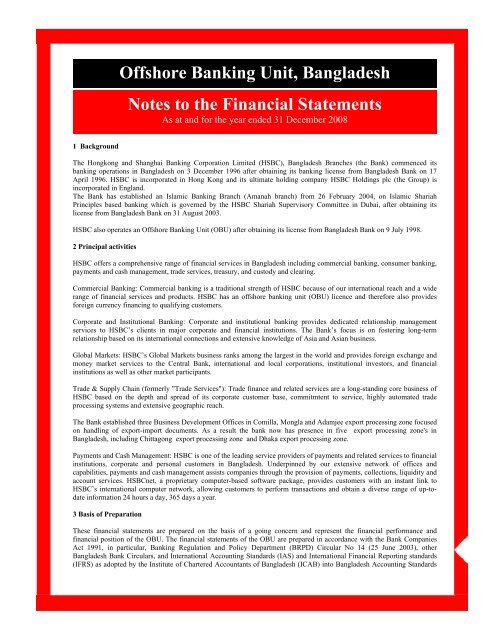Understanding the Legal Ramifications of Offshore Firm Formation

Lawful Framework for Offshore Firms
When establishing an offshore business, recognizing the lawful framework governing its development and operation is crucial for compliance and threat administration. Offshore business run under certain regulations and regulations that differ from those of onshore entities. The legal framework for offshore companies typically includes provisions for company registration, shareholder needs, supervisor obligations, and tax obligation commitments.
Firm registration includes sending the needed documentation to the proper governing authorities in the picked jurisdiction. This process typically needs in-depth details regarding the business's framework, investors, and intended tasks. Furthermore, overseas business must abide by certain investor requirements, such as preserving a register of investors and keeping this info up to day.
Directors of overseas companies have fiduciary obligations to act in the ideal passions of the business and its investors. By adhering to the legal framework controling offshore companies, organizations can run with confidence while minimizing lawful risks.


Tax Implications and Regulations
Recognizing the tax obligation implications and policies is critical when thinking about the facility and operation of an overseas company. Offshore firms are typically subject to positive tax obligation regimens, offering reduced or no tax obligation prices on foreign-earned revenue.
Tax laws for overseas firms differ significantly throughout territories, and it is essential to seek professional guidance to understand the details needs and responsibilities. Detailed understanding of tax legislations and guidelines, as well as correct tax planning, are crucial to make sure the effective and certified operation of an overseas company.
Compliance Demands and Coverage
Making certain compliance with governing demands and preserving exact reporting are necessary aspects of handling an overseas business effectively and transparently. Offshore firms should abide by the legislations and laws of both the jurisdiction in which they are included and any kind of various other pertinent territories where they conduct organization. Conformity demands usually consist of submitting annual returns, financial statements, and tax obligation reports with the ideal authorities. Failing to fulfill these commitments can cause penalties, fines, or even the retraction of the business's enrollment.
In enhancement to governing compliance, offshore business are frequently subject to reporting demands to guarantee transparency and prevent prohibited tasks such as money laundering or tax obligation evasion. Reporting responsibilities might involve revealing info about the business's ownership framework, monetary tasks, and beneficiaries. This info might need to be shown regulative bodies, tax authorities, or various other governmental agencies, relying on the jurisdiction.
Maintaining accurate and thorough documents is essential for showing conformity and replying to any type of questions or audits successfully. Offshore companies ought to carry out robust coverage mechanisms and internal controls to guarantee that they fulfill all legal requirements and run with honesty.
Asset Protection and Privacy Rules
In the realm of that site overseas company development, a vital factor to consider is the interplay in between possession security methods and personal privacy laws. Offshore territories usually supply boosted asset defense systems that shield assets from potential dangers such as claims, creditors, or political instability in the home nation. By structuring assets within an offshore company, people can safeguard their wide range and diversify their holdings across different legal frameworks. Additionally, privacy laws in offshore territories add to keeping discretion and privacy for company owners. These regulations limit the disclosure of delicate details, making it challenging for external celebrations to access details about the business's operations or ownership framework. This level of privacy can be useful for individuals seeking to safeguard their possessions from public scrutiny or competitors. Nevertheless, it is vital for individuals to navigate these legislations ethically and transparently, making sure conformity with both offshore regulations and the lawful demands of their home nation. Inevitably, comprehending the detailed partnership in between possession security strategies and personal privacy legislations is vital when thinking about overseas company development.
Risks and Obstacles to Take into consideration
When venturing into offshore firm development, prudent factor to consider of possible threats and obstacles is vital for notified decision-making and calculated planning. One substantial danger to consider is the opportunity of raised analysis from regulative authorities due to the regarded association of offshore entities with tax evasion and cash laundering. This increased analysis can result in substantial compliance requirements and potential legal effects if not effectively attended to. In addition, political instability or modifications in overseas territories can posture a risk to the connection of operations and the protection of possessions held by the offshore company.
Difficulties may likewise arise concerning the complexity of overseas firm frameworks and the demand for experienced legal and economic recommendations to browse the intricate regulatory frameworks of different jurisdictions (offshore company formation). Preserving compliance with varying international regulations and regulations, along with prospective language obstacles and social differences, can better make complex the overseas business development procedure. It is important to be knowledgeable about these risks and challenges prior to proceeding with overseas firm formation to mitigate potential risks and make sure a smooth and legally audio establishment
Verdict
In verdict, offshore company development involves browsing intricate lawful structures, tax effects, conformity needs, and personal privacy laws. Understanding these you can look here aspects is crucial for reducing dangers and obstacles related to offshore company procedures. It is necessary for individuals try here and organizations considering offshore business development to seek specialist support to guarantee compliance with regulations and to safeguard their properties efficiently.
The lawful framework for offshore companies commonly includes stipulations for company registration, shareholder requirements, director responsibilities, and tax obligations.
Supervisors of overseas companies have fiduciary obligations to act in the finest interests of the business and its investors. By adhering to the lawful structure governing overseas firms, organizations can operate with self-confidence while minimizing lawful threats.
Additionally, political instability or modifications in offshore jurisdictions can pose a threat to the continuity of operations and the protection of assets held by the offshore firm. - offshore company formation
In conclusion, overseas business formation entails navigating complicated legal frameworks, tax implications, compliance requirements, and privacy legislations.